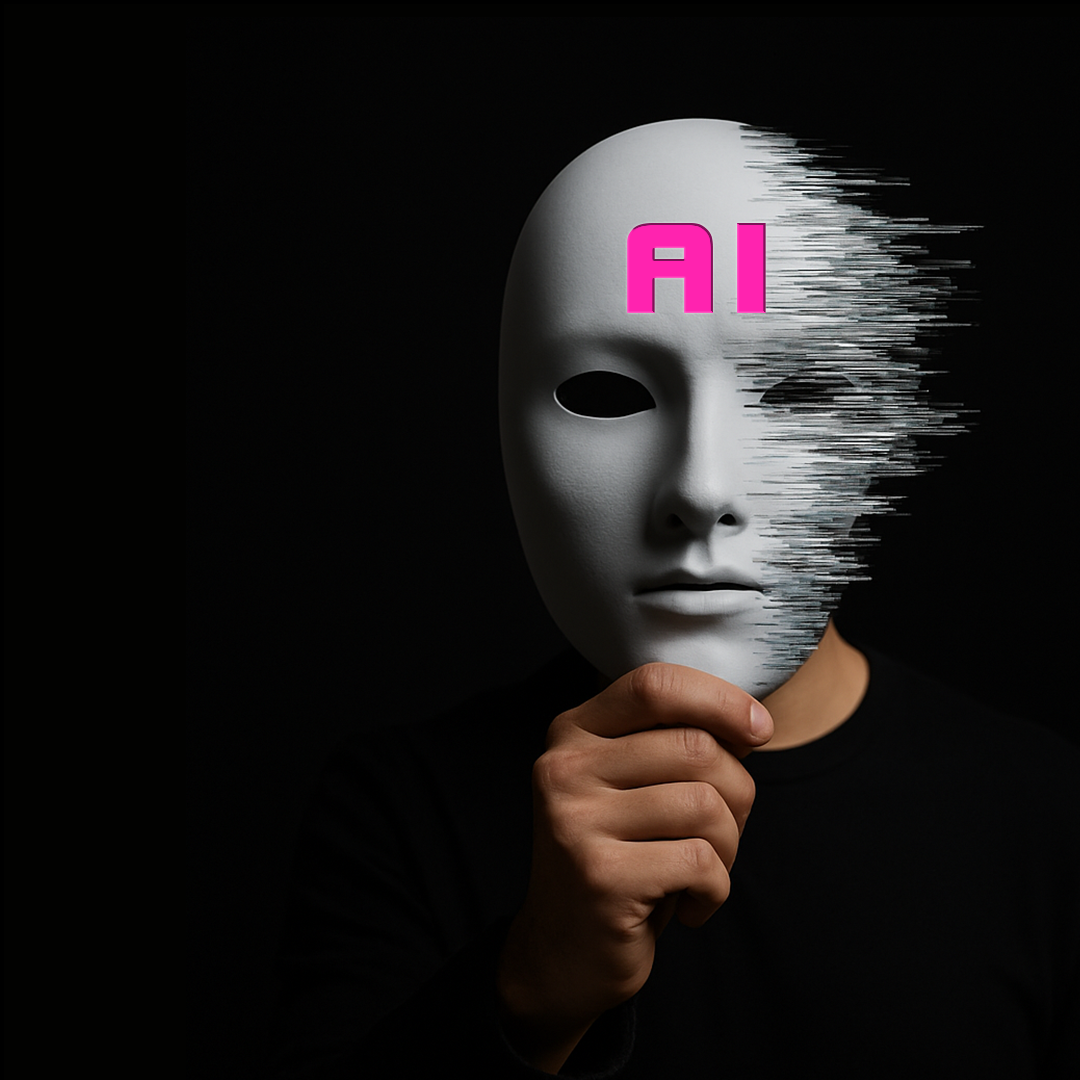AI isn’t coming for your job. But the person pretending to be an AI expert? They might.
It’s wild out there. We're flooded with fresh “AI Strategists”, ChatGPT evangelists, and suddenly self-declared futurists who, just a few months ago, were still figuring out how to unmute on Zoom.
Everyone wants to look like they’ve figured it out. But the uncomfortable truth? No one really knows what they’re doing. And that’s exactly the problem.
Remember the internet boom? Everyone rushed to create a website, put “.com” on their company name, and declared themselves digital pioneers. The result? A mess of broken promises, inflated valuations, and no one asking basic questions like: Should everyone’s data be for sale?
Then came the mobile wave. We got location-based services, push notifications, dopamine-triggering UX, and a generation that forgot how to sit still. It was innovation without intention. Convenience without contemplation. Again, we mistook adoption for progress.
Now here we are with AI. It writes, it codes, it creates. It’s also learning from our biases, optimizing for engagement over ethics, and being trained faster than it’s being understood. But instead of pausing to ask what this means for humanity… we’re busy learning how to write better prompts.
The Pattern Is Clear. So Why Do We Keep Repeating It?
- The internet promised decentralization. We got five companies running the world.
- Mobile promised freedom. We got addiction and surveillance baked into our operating systems.
- AI promises empowerment. But who’s defining what that means, and for whom?
Every wave of innovation starts with excitement, gets flooded with “experts,” and eventually, when the dust settles, reveals the cracks we didn’t bother to seal. We love new tech. We just hate doing the homework... DESIGNING THE RULES. We confuse excitement for strategy, we prioritize adoption over accountability, and once the system locks in, the costs show up too late.
We Don't Need More AI Fluency, We need AI Foresight.
Being “AI literate” is now the bare minimum. But if that’s where the bar stays, we’re in trouble. Because history tells us: Technology moves faster than our ability to manage it.
And right now, we’re not managing. We’re mimicking. Everyone’s trying to keep up... and it seems like no one’s trying to think ahead.
We’re obsessed with the outputs AI can generate, but we’re ignoring the inputs it’s consuming. We’re chasing “efficiency” and “scale,” but skipping the parts about impact and accountability.
The real danger isn’t that AI will replace us. It’s that we’ll blindly build systems that codify the worst parts of us… faster. AI isn’t dangerous because it’s too smart, it’s dangerous because we’re too passive, eager to look savvy, reluctant to think deeply, and too comfortable deferring the big questions until it’s too late.
So, no... we don't need to slow down AI... we need to speed up our sense of responsibility, and we need leaders to ask questions like:
- What biases are we baking into this?
- Who's left out of the loop, and why?
- What second- and third-order consequences are we not prepared for?
Innovation isn’t just invention. It’s intention. And right now, we’re dangerously low on that.
Let’s Design the Next...
At twopoint0, we’re not building AI tools. We’re helping leaders navigate the trajectory of AI adoption. We work at the intersection of technology, behavior, and systems., Because innovation isn’t just about what we make, it’s about what we allow to shape us.
This is the kind of moment where organizations must decide:
- Will we be AI adopters—or AI architects?
- Will we follow the trend—or question the trajectory?
The real opportunity isn’t just learning how to use AI. It’s learning how to lead it, with clarity, context, and conscience.
So here’s the question worth asking: Who’s building the ethical frameworks while the rest are building prompts? #LetsDesignTheNext #DesignResponsibly




